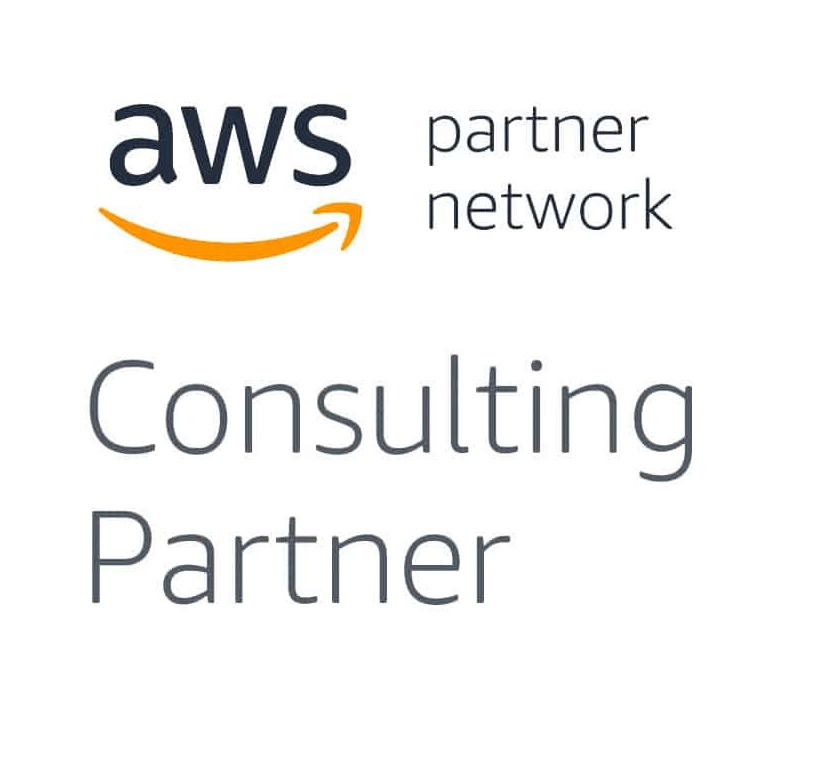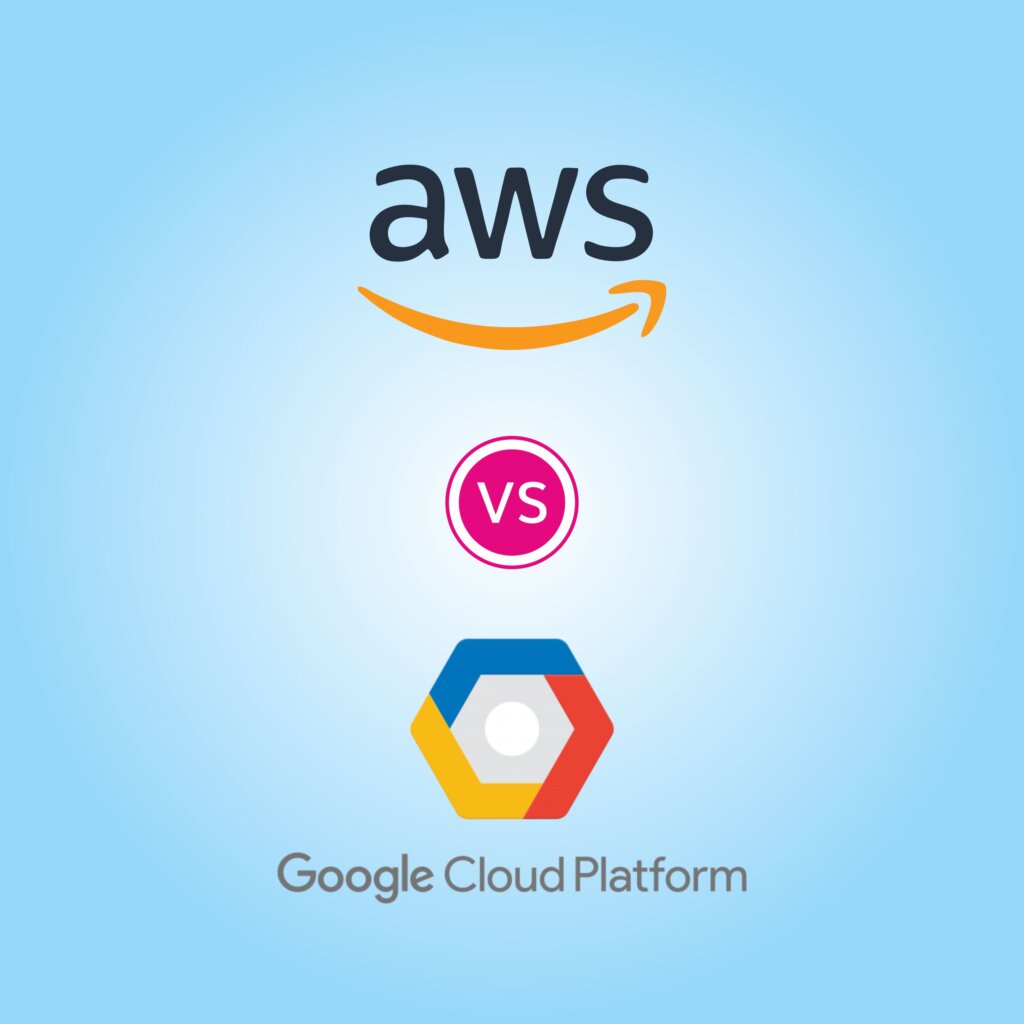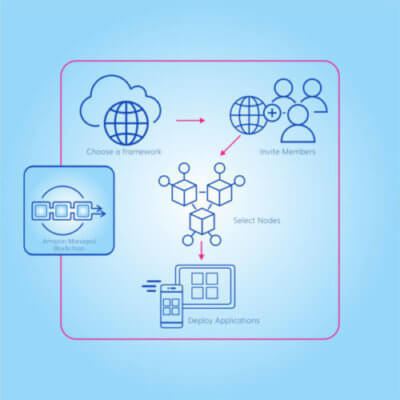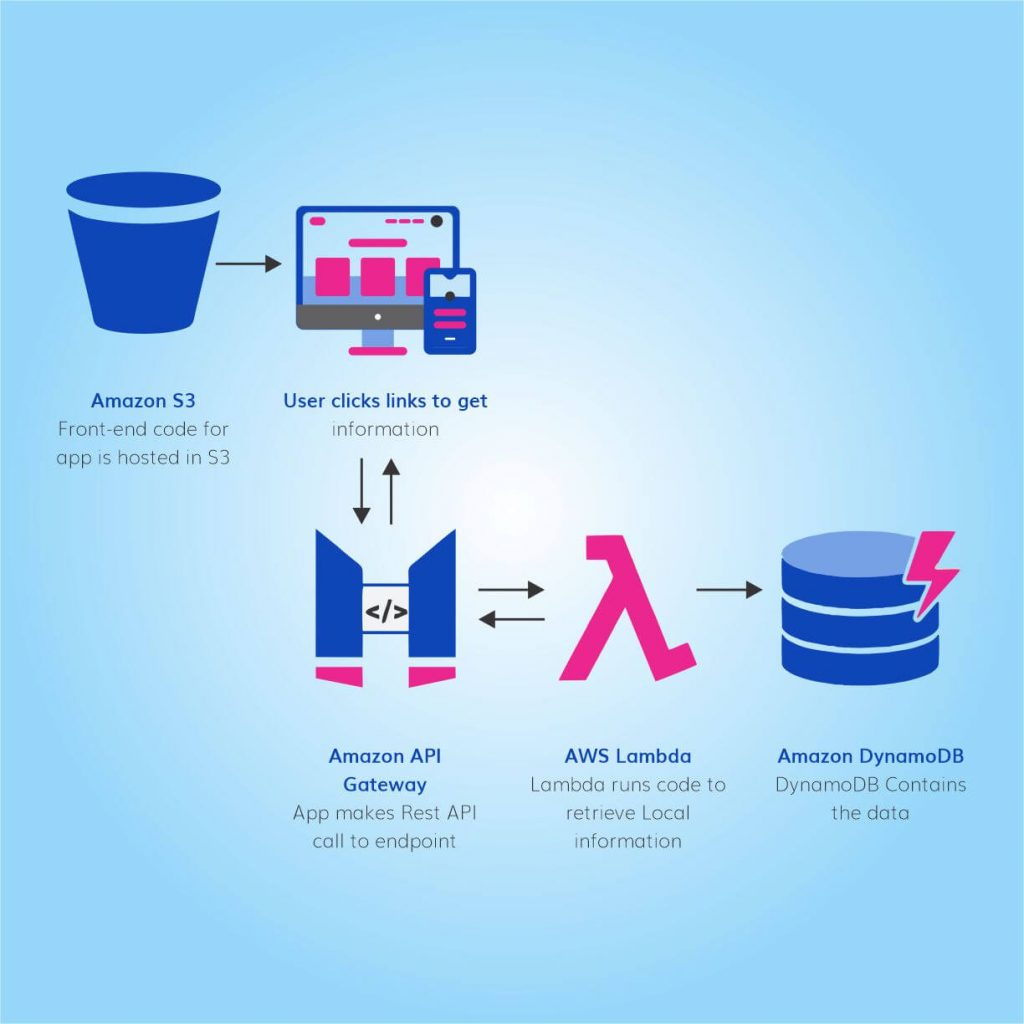AWS DevOps Services – Faster and Seamless Route to AWS DevOps Cloud
Cloud computing and corresponding solutions have taken the corporate sector by storm. More and more organizations are taking the plunge and adopting cloud solutions to regulate business processes and accelerate performance. A typical path towards the adoption process has been migrating to the DevOps environment.
It is expected that by 2021, the overall spending on cloud services would cross the mark of $530 billion. Etching an 80% growth, cloud-native DevOps is more likely to be the future of IT companies. Companies that have already made a move have the upper hand over the others who are yet to transform their business operations.
As for now, we recommend you not waste any further time and jump on the bandwagon at the earliest. With that being said, we draft this piece to educate and help you with your DevOps journey with ease.
AWS DevOps Services
Before moving directly to AWS DevOps, let’s first run down AWS and DevOps’ lane in a standalone environment.

A Comprehensive Guide To AWS Cost Optimization
Don’t miss a chance to know how we help our clients save up to 30% on AWS bills. Download your ebook now to get benefitted, and stop overpaying by following our best practices.
What is DevOps?
As the name suggests, DevOps is the fusion of the development and the operations department with the ulterior motive of enhancing the development and deployment of applications in real-time. Unlike the conventional method where the teams work separately, DevOps aims at combining the two as a single department, thereby regulating every activity. It accounts for a better, faster, and improved software development experience.
What is AWS?
For the uninitiated, AWS, aka Amazon Web Services, is the entire suite of Amazon cloud services (the service provider). While there are other industry providers, AWS is the largest and arguably the best service provider offering all of the services typically found within a data center.
Moving to the integration or the collaboration of the two terms, AWS DevOps Services is one where Amazon helps in implementing DevOps operations over the cloud. That is to say, AWS DevOps provides all of the tools, technologies, and resources needed to design and deploy products on the go.
With AWS DevOps in place, you have the flexibility to ease the job of provisioning and managing infrastructure, automating testing procedures, deploying application code, and even keeping tabs on your application’s as well as infrastructural performance.
Regarded as the infrastructure as a service solution, AWS DevOps also renders a developer team that will help you with the development process while automating most of the testing and release process. While DevOps has had a tremendous impact on the development cycle, the integration of Amazon Web Services helped improve the process, resulting in seamless services.
AWS DevOps Architecture
Knowing what AWS DevOps means, we now see the architectural design of AWS DevOps. In total, the architecture accounts for the following:
- Load Balancing: Nearly every web application architecture gives the ease of balancing the load, and similar is the case with AWS DevOps. What the entire system does is that it distributes the traffic to all of the servers available. The amount of traffic sent to a single server is regulated depending upon the overall traffic, which again is automated through Elastic Load Balancing in AWS DevOps.
- Amazon Security Group: Considering the rise in cybercrimes and security breaches, AWS has this unique feature called the Amazon Security Group. It creates an internal firewall restricting access to the EC2. Only after the user specifies all of the details of the port, IP range, and protocols will the firewall grant access.
- Amazon CloudFront: Primarily designed to render content, Amazon CloudFront can work in tandem with other components. What’s intriguing is that it can also operate on a non-AWS cloud.
- Elastic Caches: As the name goes, Elastic cache is about grabbing the frequently used data and caching them to increase speed and performance.
- Amazon Relational Database: Simplifying the operations on the cloud database, Amazon’s RDS takes into consideration the database operations or everyday rendering better methods to work with other databases.
- Amazon Elastic Block Store: Designed to manage partitions and data logs, Amazon EBS is block storage helping in storage solutions across files and databases.
- Amazon Simple Storage Services: A simple and intuitive user interface providing end-to-end access to data stored in the Amazon database.
- Amazon AutoScaling: Scaling resources based on their needs
DevOps Tools
Next to architecture comes the range of AWS DevOps tools. There are multiple tools, and each has a specific set of functionality.
- AWS cloud development kit.
- AWS CodeDeploy
- AWS CodeBuild
- AWS CodePipeline
- AWS CodeStar
- AWS Device Farm
Best Practices for AWS DevOps Services
Given below are a few things that you must keep in mind when implementing DevOps through the AWS platform.
- Continuous Integration/Continuous Deployment
One of the most important offerings of the AWS platform, you can easily automate the process of integration and deployment using the tools mentioned above. AWS CodePipeline helps in Software Release Workflows, AWS CodeDeploy facilitated automating deployment, AWS CodeBuild accelerates Build and Test Code operations, and AWS CodeStar triggers Unified CI/CD projects. - Micro Services
Amazon Web Services have both EC2 and Lambda servers that induce the idea of microservice architecture or Serverless Computing. - Monitoring and Logging
AWS houses Amazon Cloud watch, CloudTrail, and X-ray tools for real-time logging and monitoring of the infrastructure. - Version Control
AWS CodeCommit is another feature provided by Amazon that helps you host a private Git account. Besides all of the above, AWS facilitates end to end automation of most of the deployment and release processes. It also has a forum that can be used by the team members for communication and collaboration purposes.
Epilogue
It is a wise decision to implement DevOps through AWS. You shouldn’t opt for another cloud service provider out of the blue. Assess and analyze your existing infrastructure to locate gaps, find out the pain points, and identify what’s best for your infrastructure. Remember, there’s no best solution but only one that’s optimal. To know more about DevOps consulting and implementation, get in touch with our AWS certified DevOps engineer today.
Contact Us
We’d Love to Help You
Get in Touch
- Fill out a request form. Please brief your requirements in-detail. The more we know about your amazing idea, the better we will guide and assist you with project time and resources
- We’ll reach out to you on priority to discuss next steps in the meantime please check out our case studies and insights.
- We look forward to collaborating with you to bring your idea to the market sooner than the traditional route.
Related




